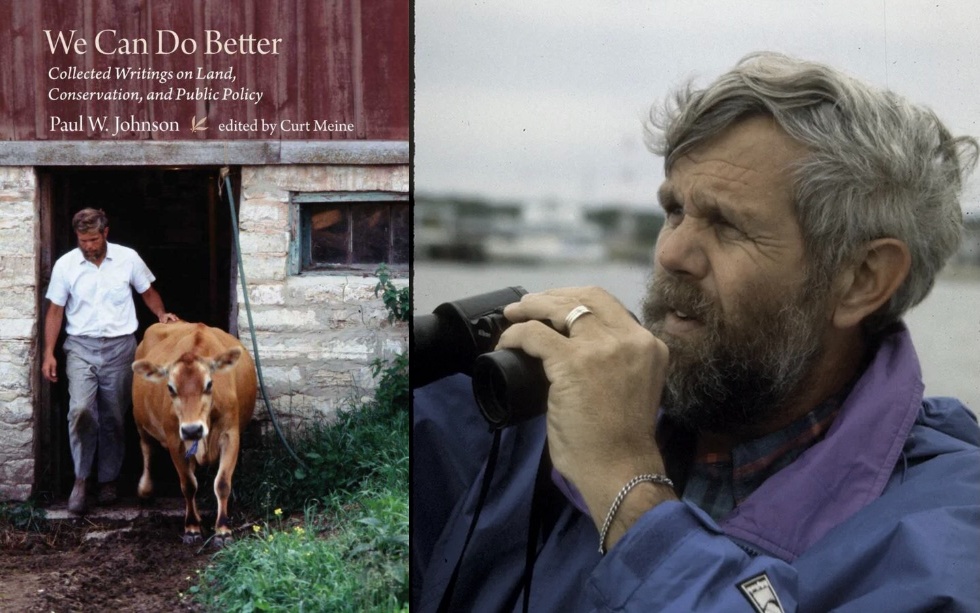I can’t remember when I met Claire Celsi. It was years before she decided to run for the state legislature. Our paths crossed often at Democratic events, and we knew many of the same people in progressive circles. I valued her take on the latest news and her thoughts about blogging, since she had kept an online journal during the 2000s.
Claire was generous with her time as a volunteer for many Democratic candidates, starting with Tom Harkin’s first U.S. Senate race in 1984. She was one of the early organizers of the West Des Moines Democrats, back when that suburb leaned strongly to Republicans. She managed Mike Huston’s Congressional campaign in 2000 and worked hard in 2017 to help Renee Hardman defeat an incumbent to win a West Des Moines city council seat. (Hardman is now the Democratic nominee to succeed Claire in Iowa Senate district 16.)
Josh Hughes described how Claire was the first “grown up” to take him seriously as a Democratic activist. She enjoyed spending time with people of all ages. Josh took this picture near the Surf Ballroom in August 2018, when he and Olivia Habinck were leaders of the College and Young Democrats of Iowa, and Claire and I carpooled with them to the Iowa Democratic Wing Ding.
Continue Reading...






















